Off the Grid, On the Map
Peak oil, population growth, famine, disease, pollution, degradation of arable land, biodiversity loss, climate change... An overwhelmingly bleak stream of environmental catastrophes are forecast to plague the Earth and all those who inhabit in my lifetime. And I, like many others in my generation, am well aware of the responsibility handed to me to cope with the inevitable collapse of a socio-economic system based on perpetual growth.
As if being in high school isn’t difficult enough.
But I’m not complaining. Palliative phrases like “we are all just captives of the system” and “que sera, sera” have always driven me crazy; we create the “system,” so we’re no one’s captives but our own! In the summer of 2009, I embarked on a month-long Thoreauvian journey to retool my lifestyle and explore “sustainability” from a practical angle. To live simply, provide my own sustenance, drench myself in nature and apprehend the bare essentials for living amidst a culture marked by extravagance and excess. My question: “How can I transcend my own cultural barriers? And how can I do it in a way that doesn’t alienate my friends and family?”
I see this project as a rigorous microcosm of the approach that the developed world may take as environmental issues and natural resource depletion necessitate a collective move towards sustainable evolution.
PRESENTER: Sylvia Channing
Sylvia Channing is a dedicated environmentalist, artist and student. She has a deep interest in ecology and anthropology, in the many meanings of "environment," location-specific education, and sustainable agriculture. At the Ross School, Sylvia traveled extensively in Europe and the Middle East, tracing the evolution of Western cultural history. Firsthand exposure to foreign cultures can be the most powerful education, while traveling itself can often conflict with an environmental ethos. Though home for the month of January working on the Ross School campus garden, Sylvia is currently a student at Oberlin College in Ohio, focusing primarily on environmental studies, visual arts and theater.
